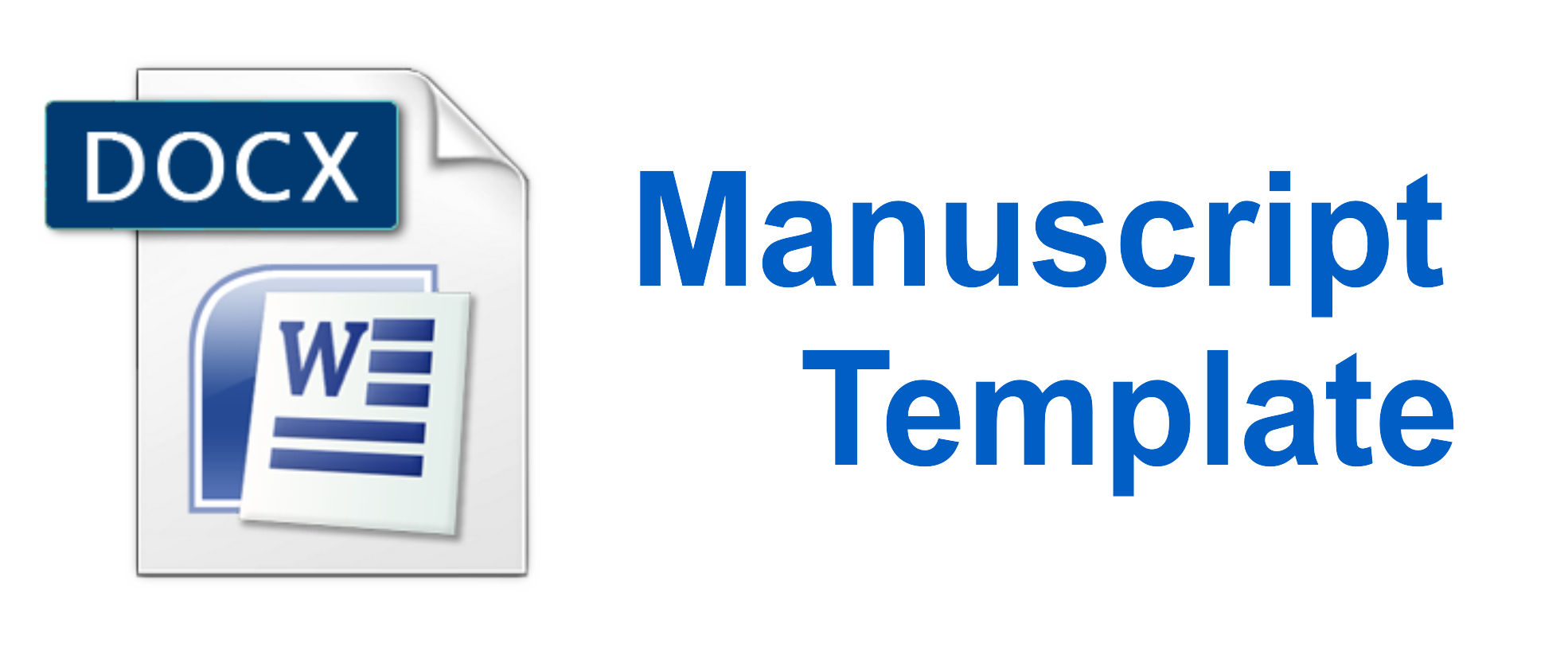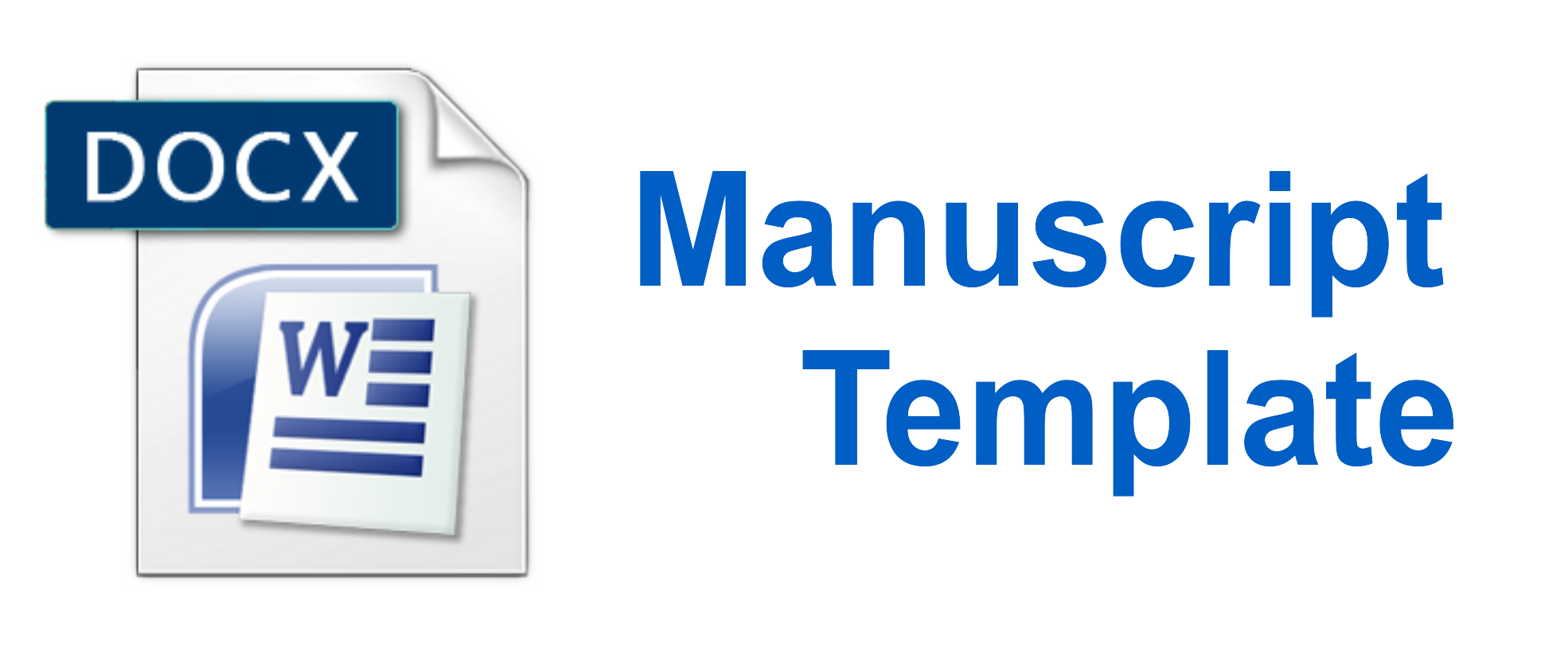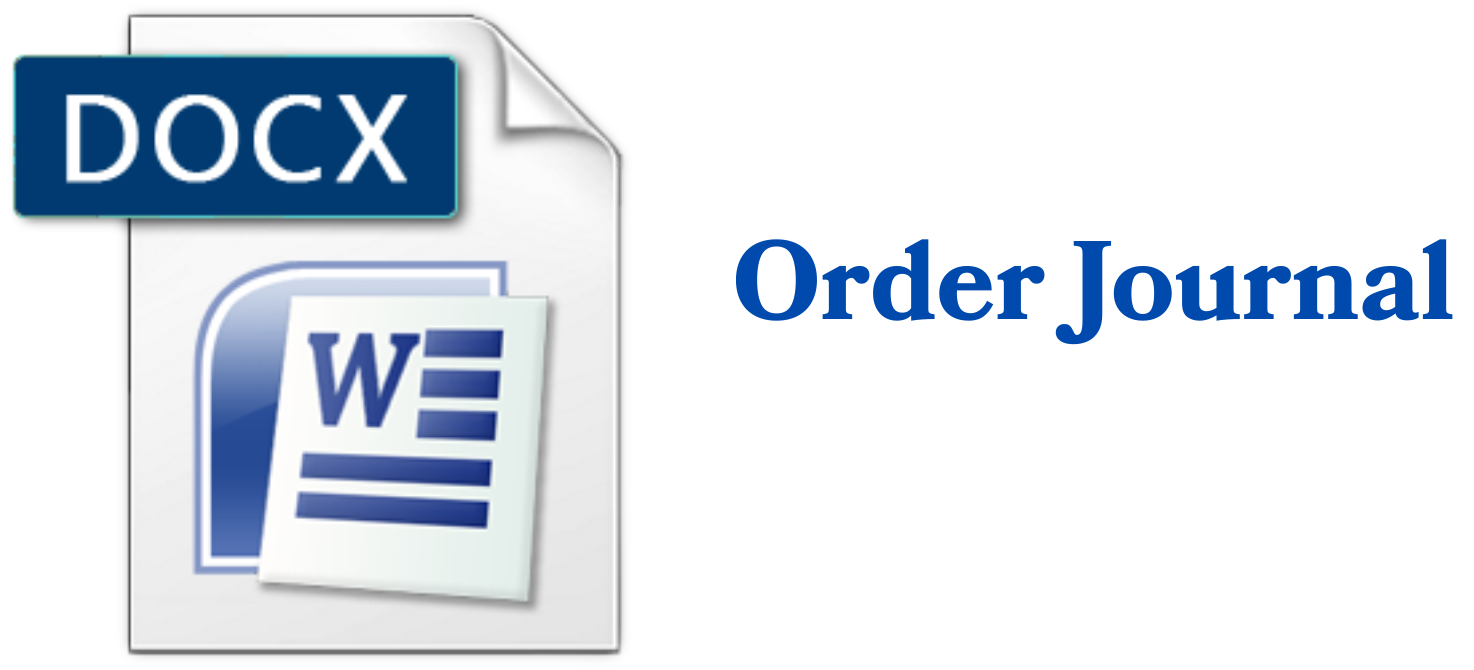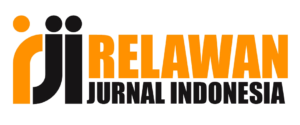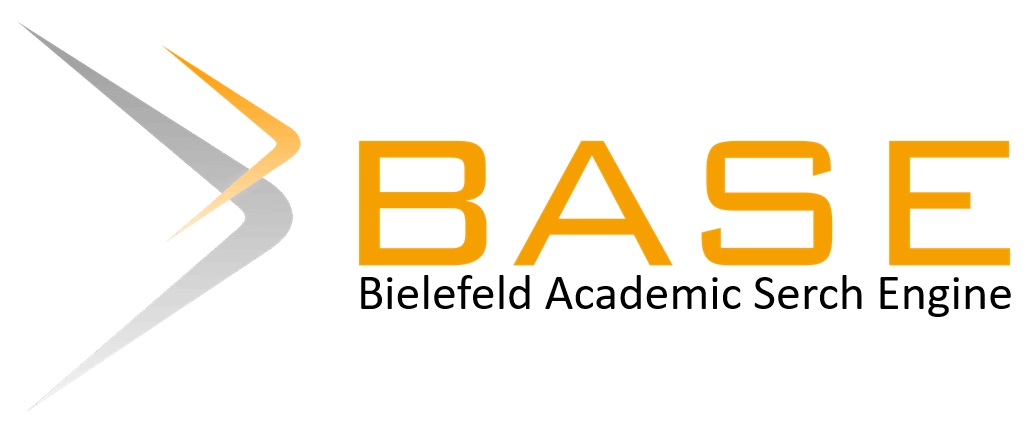EFEKTIVITAS PENGEMBANGAN BAHAN AJAR BERBASIS BUKU CERITA DI ERA NEW NORMAL PADA MATA PELAJARAN SKI TEMA MENELADANI PERJUANGAN DAKWAH RASULULLAH SAW. DI MADINAH
DOI:
https://doi.org/10.35316/edupedia.v6i2.1756Abstract
This research aimed to determine the effectiveness of immplementation teaching material based buku cerita on the Islamic culture history subject with theme the imitating the prophet Muhammad’s dakwah struggle in Madina in the new normal era. The subjects of this study were students of grade 10th in Argayasa Islamic Senior High School. This study uses experimental research methods with the research design used postest only control design. Test instrument was given to student is multiple choice questions consisting of 10 questions. Data analyses uses different test mann-whitney in nonparametric statistic. The result showed that average value of experimental and control classes, respectively 35,62 and 13,38. Furthermore, using mann-whitney that shows the value of Asymp. Sig. (2-tailed) is 0,000. So that there is significantly effect by a treatment of learning material based storybook to student learning achievement on the Islamic culture history subject with theme the imitating the prophet Muhammad’s dakwah struggle in Madina. So, learning material based storybook is effective used on the Islamic culture history subject with theme the imitating the prophet Muhammad’s dakwah struggle in Madina.
Downloads
Published
How to Cite
Issue
Section
License
Edupedia: Jurnal Studi Pendidikan dan Pedagogi Islam adopts the Creative Commons Attribution–ShareAlike 4.0 International License, which allows users to reproduce, modify, and distribute published articles in any medium for lawful purposes, provided that appropriate attribution is given to the original author(s) and the journal, the license is properly cited, any changes are clearly indicated, and derivative works are distributed under identical licensing terms.
Upon publication in Jurnal Kesehatan Vokasional, authors confer to third parties the rights to use their articles in compliance with the Creative Commons Attribution–ShareAlike 4.0 International License.
Copyright on articles is retained by the respective author(s), without restrictions. A non-exclusive license is granted to Edupedia: Jurnal Studi Pendidikan dan Pedagogi Islam to publish the article and identify itself as its original publisher, along with the commercial right to include the article in a hardcopy issue for sale to libraries and individuals.
![]()



